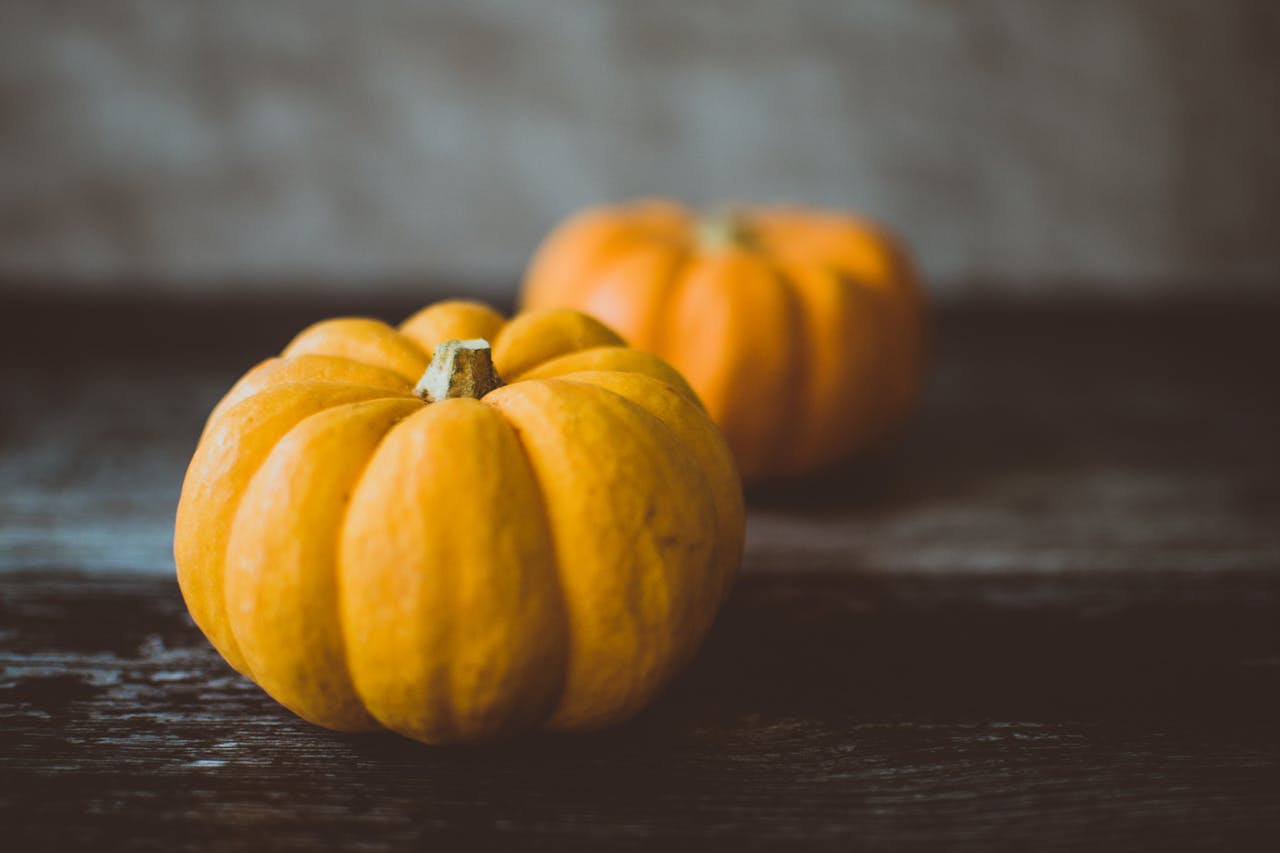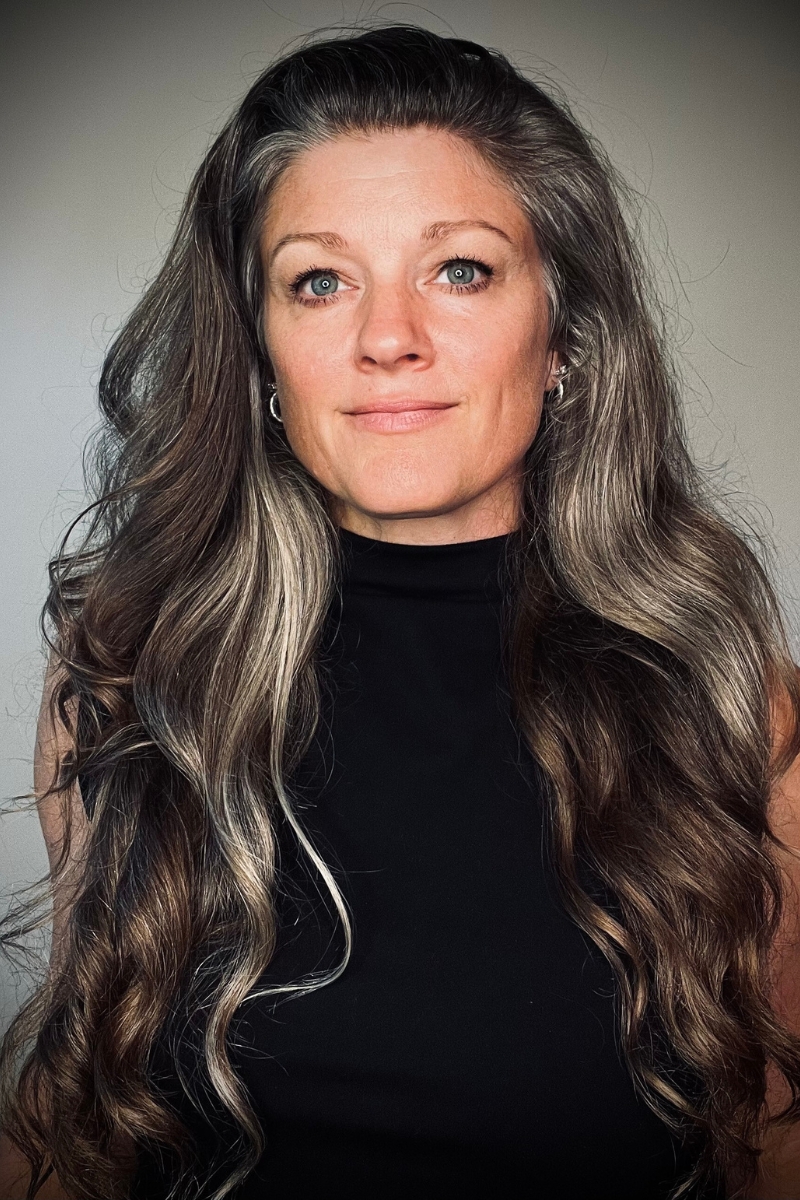Hint: Befriending your fear is the path to bravery.
I have been thinking a lot about fear this week.😬
During a recent conversation with my niece, while I was trying to help her assuage some of her own fear, I told her “I feel afraid A LOT of the time.”
“But you always seem so confident”, she replied.
“Ha! No, my love, but I’ve learned how to practice being brave so I can show up in this life in the ways that are meaningful to me.”
Let me be clear: I do often feel confident.
Also…my fear often holds me back.
Such is the complex nature of the human condition.
Though it’s not always easy, I try to appreciate my fear. The reason fear exists in the first place is to keep me safe and out of danger. What a great tool!
So, I talk to it.
“Thank you, fear, for working to keep me safe. What is it that you want to tell me?”
The reply is usually one of these:
-
I’m doing something that has me at my growth edge and I’m afraid I’m not good enough to pull it off.
-
I’m doing something that is really meaningful and authentic to me and I’m afraid others won’t like it (because obviously, I’m not good enough to be liked for who I really am).
-
I’m doing something that is out of alignment with my needs and values, and I’m doing it because I don’t believe I’m good enough to have my authentic needs and values met by others.
Are you seeing a theme? Does this sound familiar to you, too?
Yay, you’re totally normal! 🥳
Bravery is like a muscle you can strengthen. And…this means developing a practice.
How does someone practice bravery?
Well, it includes a few different things.
The first and most important step is to notice when you feel afraid.
Fear is sneaky. Sometimes it shows up as itself. Other times, it shows up like anger, sadness, jealousy, resentment, or even sleepiness. Getting curious about what you feel on the surface, then looking a layer deeper helps find the root cause of your emotional state.
In order to do this, you have to become attuned to yourself.
So truly, the *real* first step is to pay attention to your inner world. Self-awareness can also be practiced. Giving yourself permission to get curious about yourself is a huge part of developing bravery – and is quite possibly the bravest step you can take in a culture in which self-doubt is the norm.
For me, little daily bravery practices look like:
-
Standing up straight.
-
Putting on makeup for extra confidence.
-
Not putting makeup to be seen as I truly am.
-
Texting an old friend.
Harder practices look like:
-
Asking for something I need.
-
Sending that email I’ve been procrastinating on.
-
Sharing a new idea I’ve been working on.
-
Telling someone ‘no’.
-
Writing a post about fear on the world’s largest professional social network and emailing it to 1600 people.😁
Underneath all of these practices is one more: self-trust. All day, every day, like an app plugged directly into my nervous system, I take moments to breathe and remind myself that I am, in fact, good enough, that I belong here, that I am loved.
How do you practice bravery?



